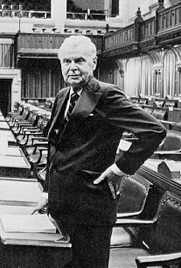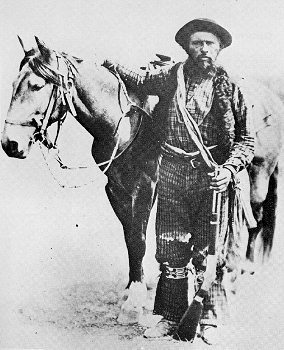Check out these two great Canadians and their Saskatchewan homesteading stories:
John George Diefenbaker: A Saskatchewanian Through and Through

John Diefenbaker (1895-1979) was born in Neustadt, Ontario, September 18, 1895, and moved west with his family in 1903. The family settled near Fort Carlton, north of Saskatoon. In 1909 his father, William, was granted land in the Borden area.
Click here to see the original land grant.
After service in the World War I, Mr. Diefenbaker completed his law degree and opened a practice in Wakaw, Saskatchewan. In 1925 and again in 1926, he ran unsuccessfully for a seat in the House of Commons. He also ran for a seat in the provincial legislature in 1929 and 1938, with no luck.
His attempt to run for mayor of Prince Albert in 1933 also failed. In 1936, Diefenbaker was elected leader of the Conservative Party of Saskatchewan, but the party did not win a single seat in the 1938 provincial election. Finally in 1940, he ran federally and won a seat in the House of Commons. He was Prime Minister of Canada from June 21, 1957 to April 22, 1963.
When he died on August 16, 1979, as directed by his funeral plans, his body was shipped from Ottawa to Saskatoon by train for burial. Thousands of Canadians lined the tracks to bid their farewell.
Gabriel Dumont: Metis Leader, Plainsman, Saskatchewanian

Gabriel Dumont (1837-1906) was born in the St. Boniface (Manitoba) area in 1837, and moved with his family to the Fort Pitt region (near Lloydminster) in 1839.
Although he was unable to read or write, Dumont could speak six languages and was highly adept at the essential skills of the plains: horseback riding and marksmanship.
By the 1860s, Dumont was the leader of a group of hunters living in the Fort Carlton, Saskatchewan. In 1873, his position as a leader was formalized when he was elected as president of the short-lived local government created by the Metis living on the south branch of the Saskatchewan River.
In 1877 and 1878, Dumont chaired meetings which petitioned the federal government for Metis representation. Dumont was a member of the delegation which convinced Louis Riel to return to Canada and plead the Metis case to the federal government.
When a provisional government was declared in 1885, Dumont was named "adjutant general of the Metis people." He proved himself an able commander and his tiny army experienced some success against government forces at Duck Lake and Fish Creek. The Canadian militia, however, proved too large and too well equipped. Dumont's army, collapsed on May 12, 1885 after a four day battle near Batoche.
Dumont avoided capture by escaping to the United States where, in 1886, he accepted an offer to demonstrate his marksmanship by performing in Buffalo Bill Cody's Wild West Show. After visits to Quebec (where he dictated his memoirs in 1889) Dumont returned to his old homestead near Batoche. He lived there quietly until his death in 1906.
Click here to see his original land grant.